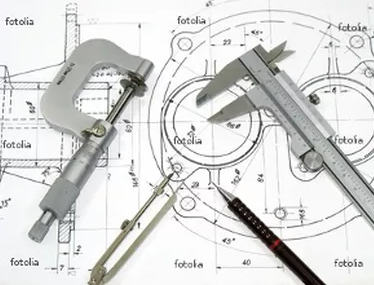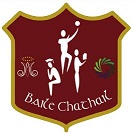
Engineering.
Leaving Certificate engineering is the study of mechanical engineering for students in the senior cycle of post-primary education. Students develop the skills and initiative in the planning, development and realization of technological projects in a safe manner. Practical resourcefulness, creativity and design in the planning and development of technological projects are emphasised. There are two main areas of study: (i) workshop processes, and (ii) materials and technology.
Engineering is assessed at two levels, Ordinary level and Higher level, by means of a written examination, a project and a practical examination.
Content:
(i) Workshop processes.
- Health and Safety.
- Heat Treatment of Metals.
- Plastics Processing.
- Fabrication and Finishing of Metals.
(ii) Materials and Technology.
- Health and Safety.
- Classification and Origin of Metals.
- Structure of Metals.
- Iron and Steel.
- Non-Ferrous Metals.
- Heat Treatment of Metals.
- Corrosion of Metals.
- Materials Testing.
- Joining of Materials.
- Manufacturing Processes.
- Control Technology.
- Computer Aided Design.
- Computer Aided Manufacture.
Course Structure and Examination
The syllabus is presented in two sections:
(i) Workshop Processes: This section represents all the practical processes which may be applied in the school workshop integral with the related theory. This section will carry 300 marks in the examination at both levels. Ordinary and Higher: There will be 150 marks for a practical examination and 150 marks for assessment of workshop/laboratory work and projects.
(ii) Materials and Technology: This section represents the wider knowledge and technology as a whole. In the written examinations this section will carry 200 marks at Ordinary level and 300 marks at Higher level.

Metalwork.
Junior Certificate Metalwork provides students in the junior cycle of post-primary education with an introduction to materials and process engineering and an insight into associated technology. It is founded in practical activity that seeks to link observation and action with ingenuity and creativity in a problem-solving context. The course has two main sections: (i) Techniques and Design, which incorporates all of the practical work, and (ii) Materials and Technology, which is the related technical and technological principles and theory.
Metalwork is assessed at two levels, Ordinary level and Higher level, by means of a written examination paper and a student project. At Higher level, in addition, there is a practical examination.
Content.
(i) Techniques and Design.
- Health and Safety.
- Hot and Cold Forming of Materials.
- Fitting and Assembly.
- Heat Treatment.
- Decorative Finishing of Materials.
(ii) Materials and Technology.
- Health and Safety.
- Communications and Planning.
- Materials Technology.
- Tools Technology.
- Machine Tool Technology.
- Assemblies and Mechanisms.
Course Structure and Examination.
The complete course carries 400 marks and is divided into two main sections
(i) Techniques and Design which incorporates all of the practical work and is allocated 300 marks; 150 marks for a practical examination and 150 marks for project work.
(ii) Materials and Technology which is the related technical and technological comprehension, examined by written examination, carrying 100 marks.



